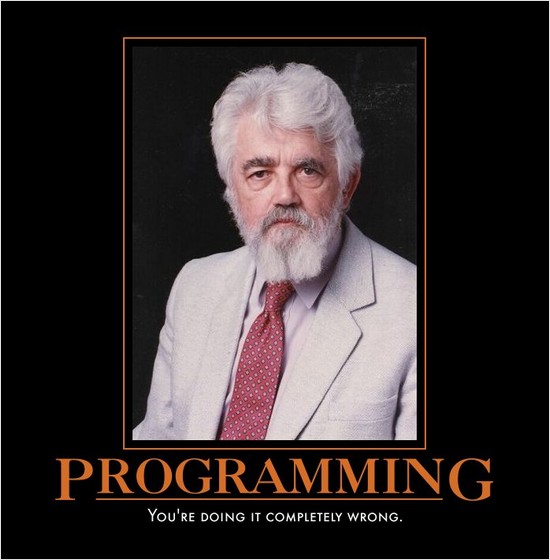Enterprise Computing in a Shipping Container
The idea of setting up a computing center in a shipping container isn’t new. Sun has Project Blackbox, “a prototype of the world’s first virtualized datacenter–built into a shipping container and optimized to deliver extreme energy, space, and performance efficiencies”. The idea is create a computing center that you could move anywhere in the world with relative ease:

If you’ve ever watch ships loading and unloading, you’ll know that nobody handles cargo containers gingerly. A shipping container full of computer equipment would have to be able to withstand a fair bit of abuse, and it looks as though the Blackbox container can take it — here’s a video of one in a simulated earthquake of a 6.7 magnitude on the Richter scale:
Sun’s not the only company working the the concept. Google have patented a similar idea. One major difference is that while Sun’s container-based datacenter would be a self-contained computing cluster, Google would treat their containers as very large rackmounts, where a container could operate on its own or as part of a cluster of other computing containers. Robert Cringely has some interesting speculation on the way Google might use these datacenters.
1337 H4X0RZ in a Shipping Container

“Invisigoth” from the X-Files episode Kill Switch
The idea of setting up a non-enterprise computing center in a shipping container isn’t new, either. Kill Switch, one of the X-Files episodes written by William Gibson, featured a hacker who went by the handle “Invisigoth” who lived and did her work in a shipping container.
The episode also featured a down-market version of a computing cluster in a shipping container: an old trailer, packed with computers, sitting in a remote field and connected to the internet through a T1 line, which was an even bigger deal back in 1998.
A Cafe in a Shipping Container
Where there are computer programmers, there must also be caffeine. Consider the fact that the nerd store ThinkGeek has a whole section devoted to the substance. One of my favorite sayings was adapted from a line in mathematician Paul Erdos’ biography, The Man Who Loved Only Numbers: “A programmer is a machine for converting caffeine into software.”
It logically follows that if there are computing centers in shipping containers, there should also be some kind of caffeine dispensers in shipping containers as well. Here come artist Adam Kalkin and fancy-pants coffee vendor Illy to the rescue:

Here’s an excerpt from Illy’s news release:
For the 52nd International Art Exhibition in Venice illycaffè is partnering with the Fondazione La Biennale di Venezia for the fourth time.
At the Biennale illy will provide art-lovers and coffee connoisseurs a beautiful space to relax, reflect and enjoy a perfect cup of espresso. Visitors to illymind, the rest and refreshment area founded by illy in 2003, will be introduced to the Push Button House which opens like a flower and transforms from a compact container into a fully furnished and functional space with the push of a button. View video.
After the preview at Art Basel Miami Beach, the Push Button House, a work designed by American artist-architect Adam Kalkin and redesigned for the presence of illycaffè at the 52nd International Art Exhibition, arrives for the first time in Europe.
Kalkin is known for designing comfortable spaces and placing them in unusual contexts. Visitors to the Push Button House will experience the artist’s ability to transform industrial materials into a domestic masterpiece, beautifully contrasting between the indoor and outdoor worlds, while enjoying complimentary illy espresso for a complete authentic Italian experience. The entire work was created from recyclable materials.
If I had the money, I’d take one of these things wherever I went.













